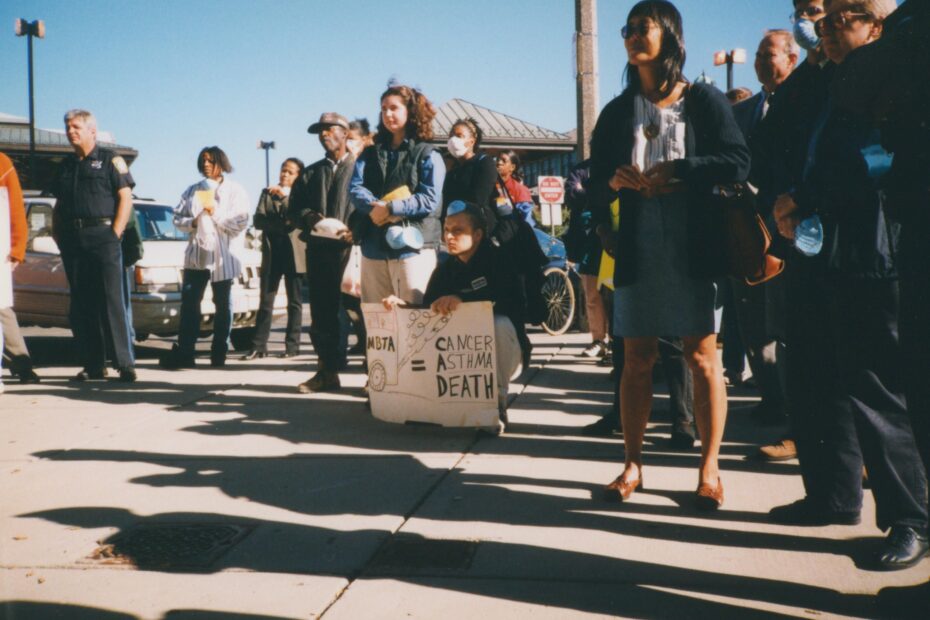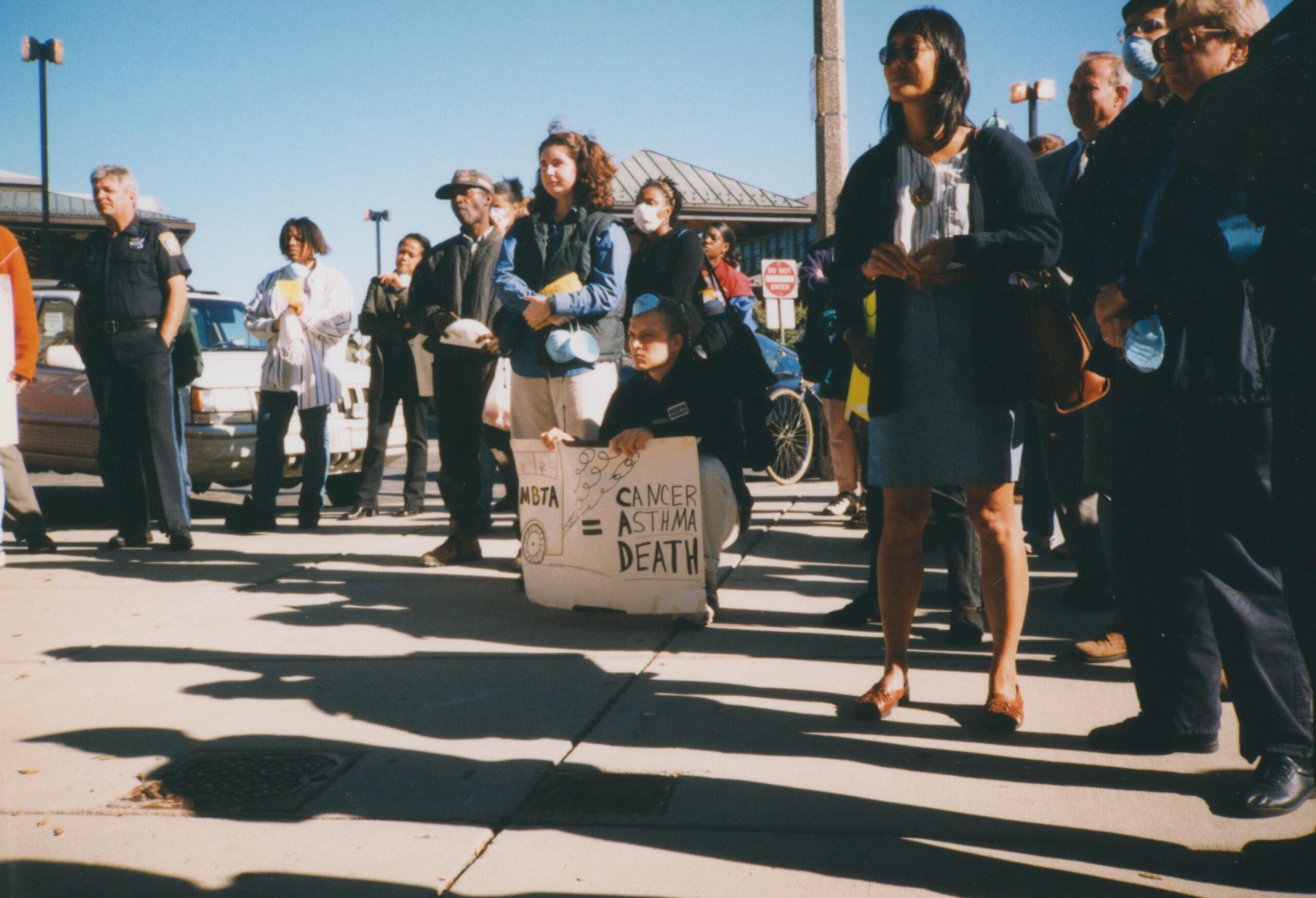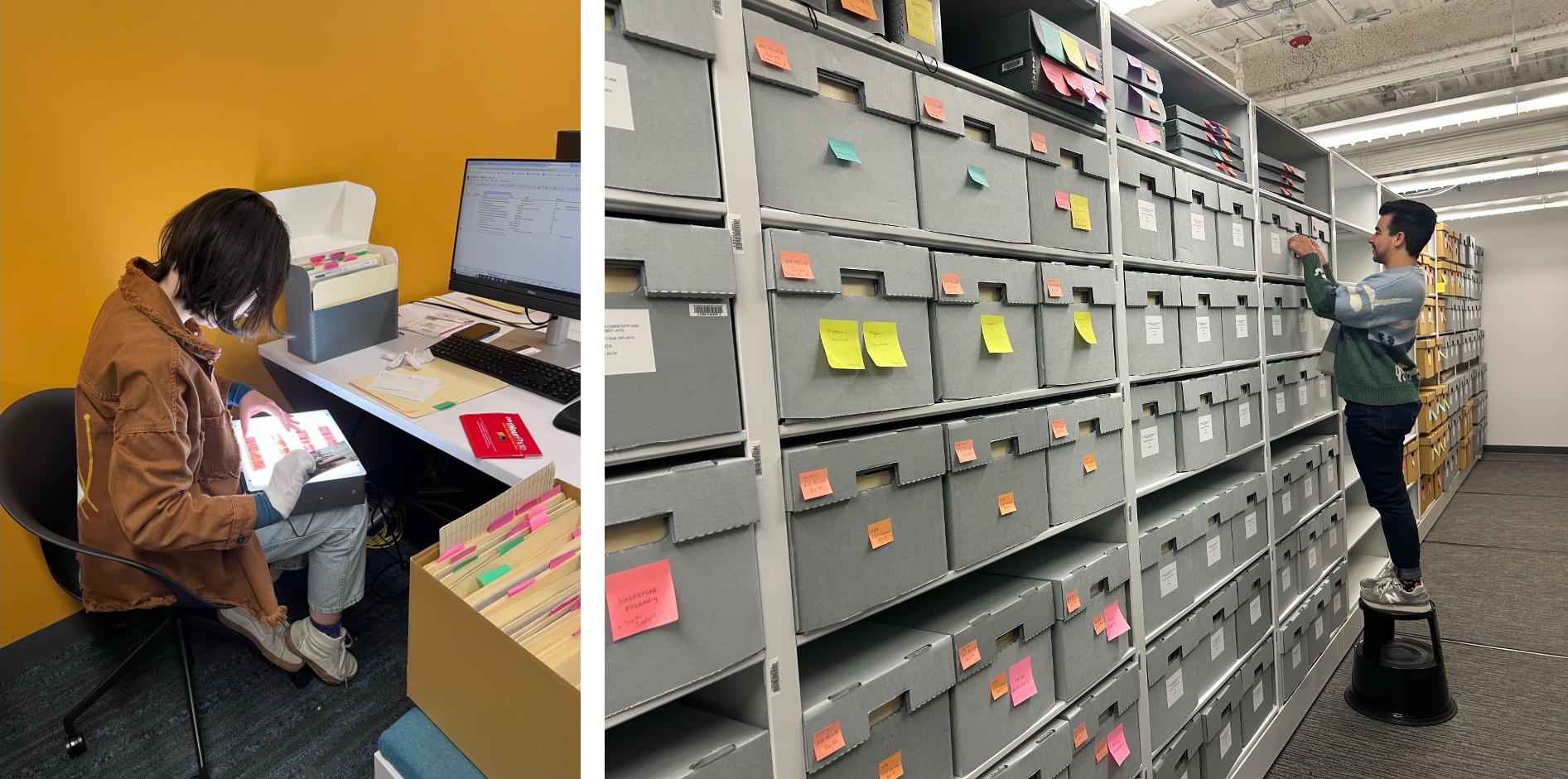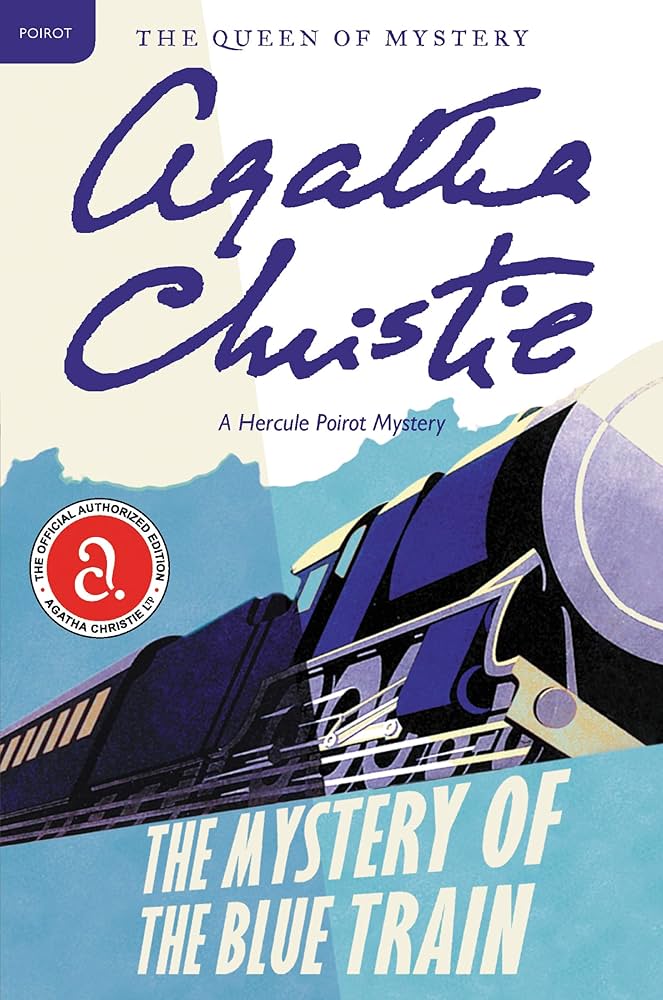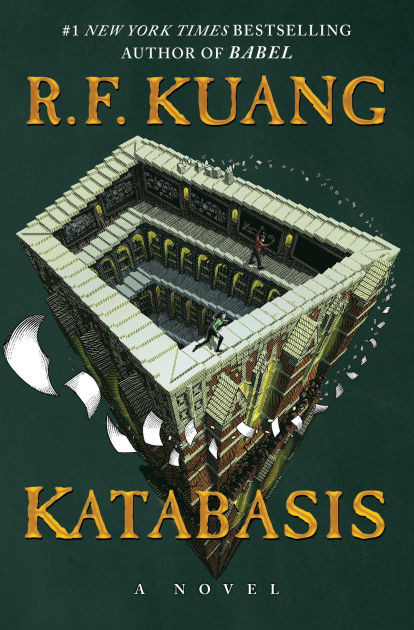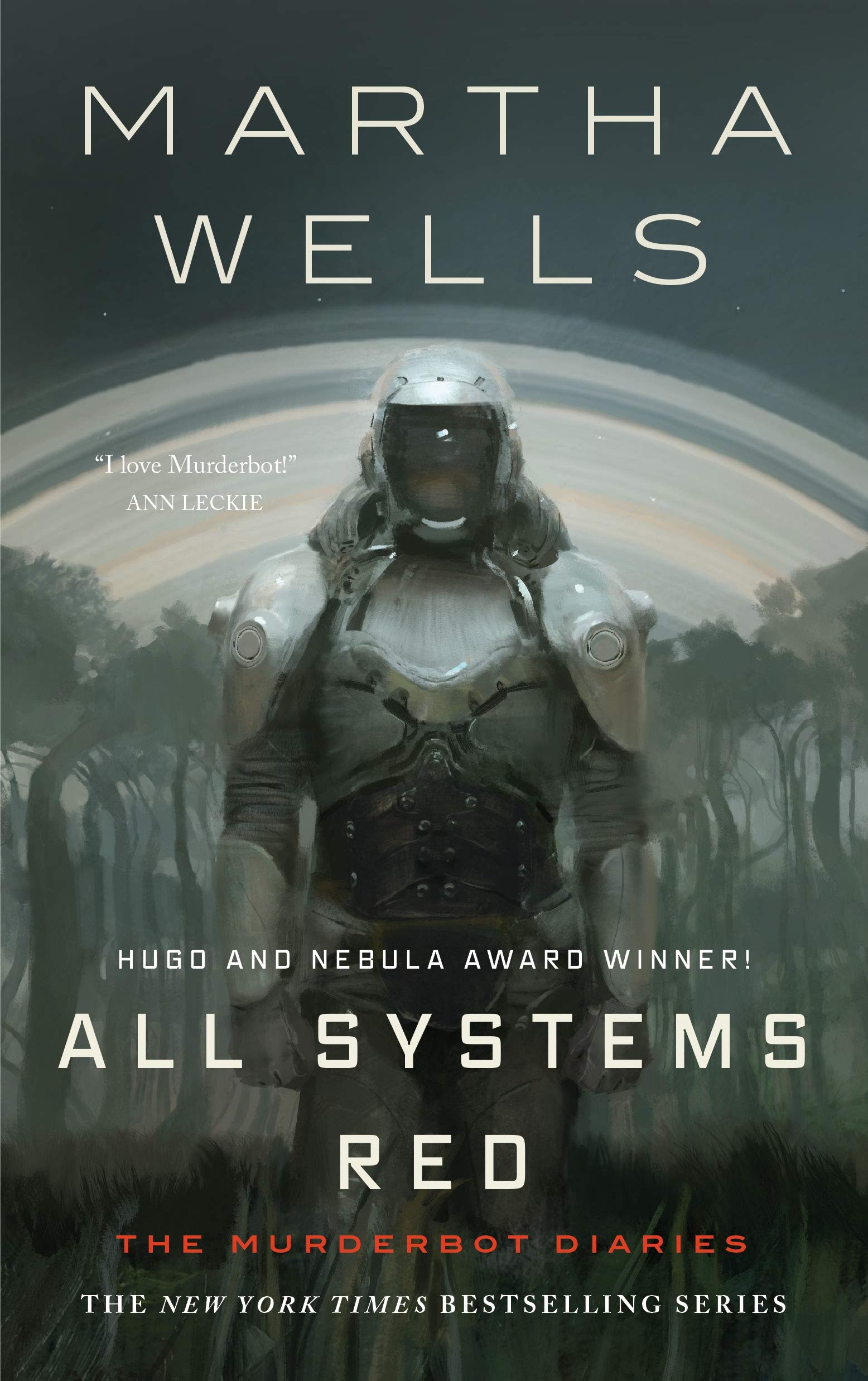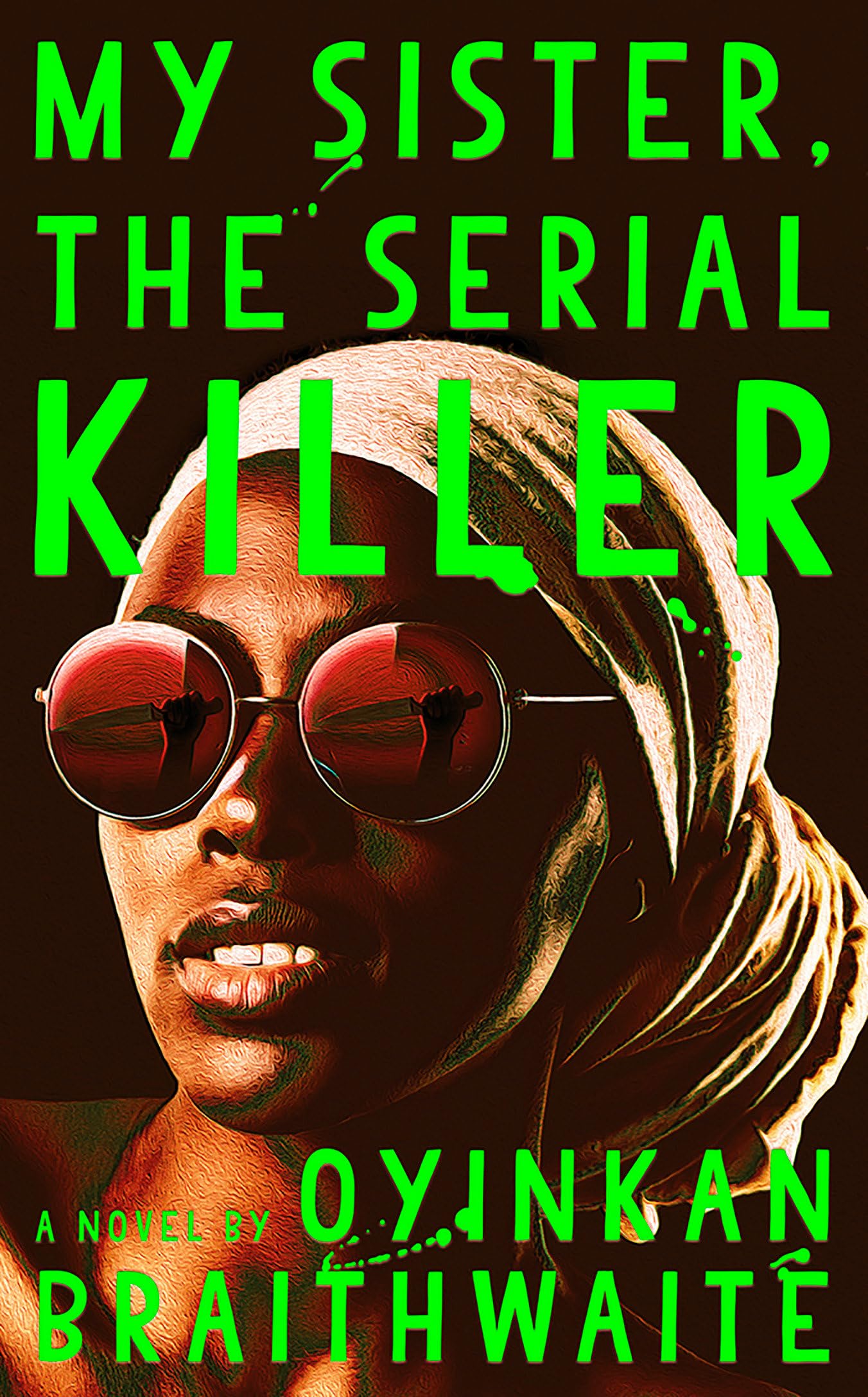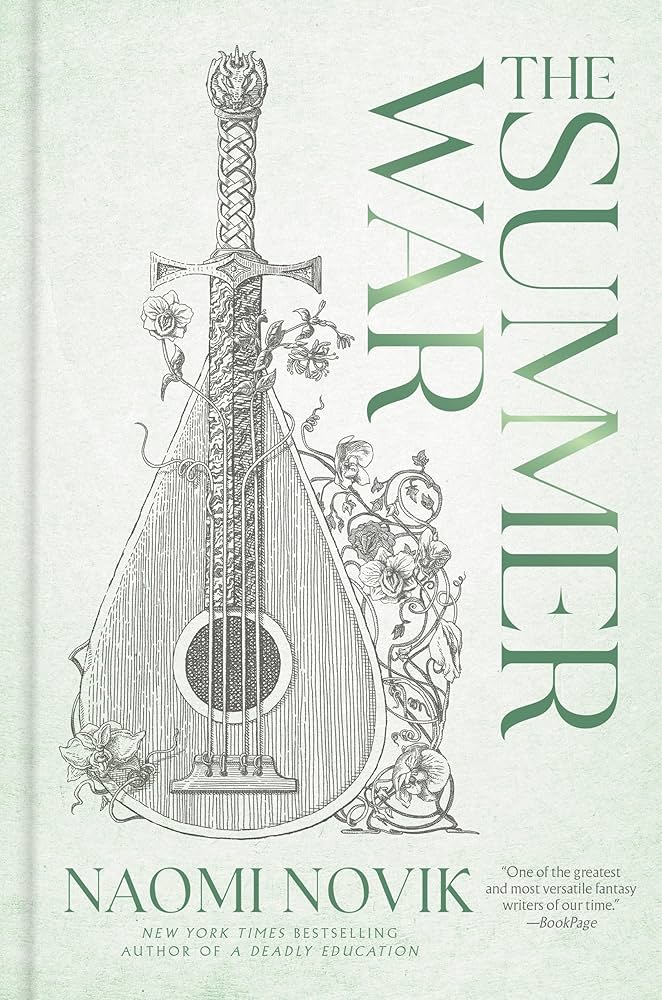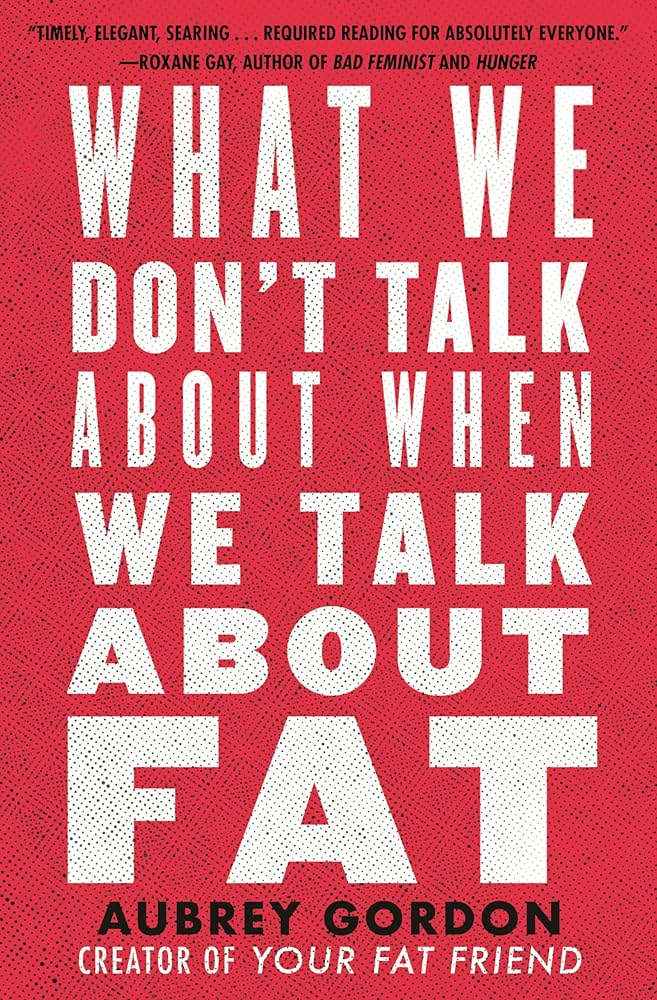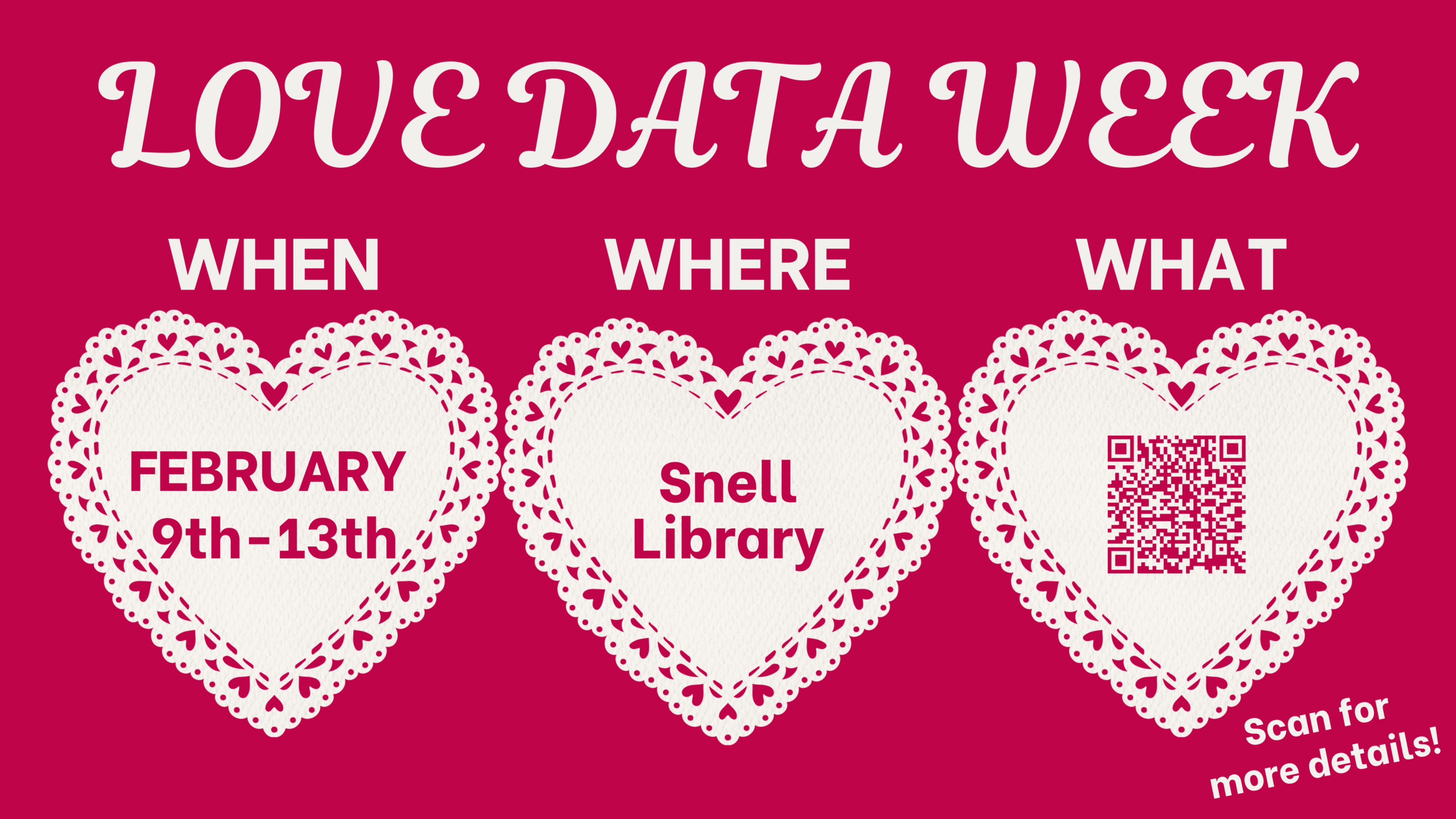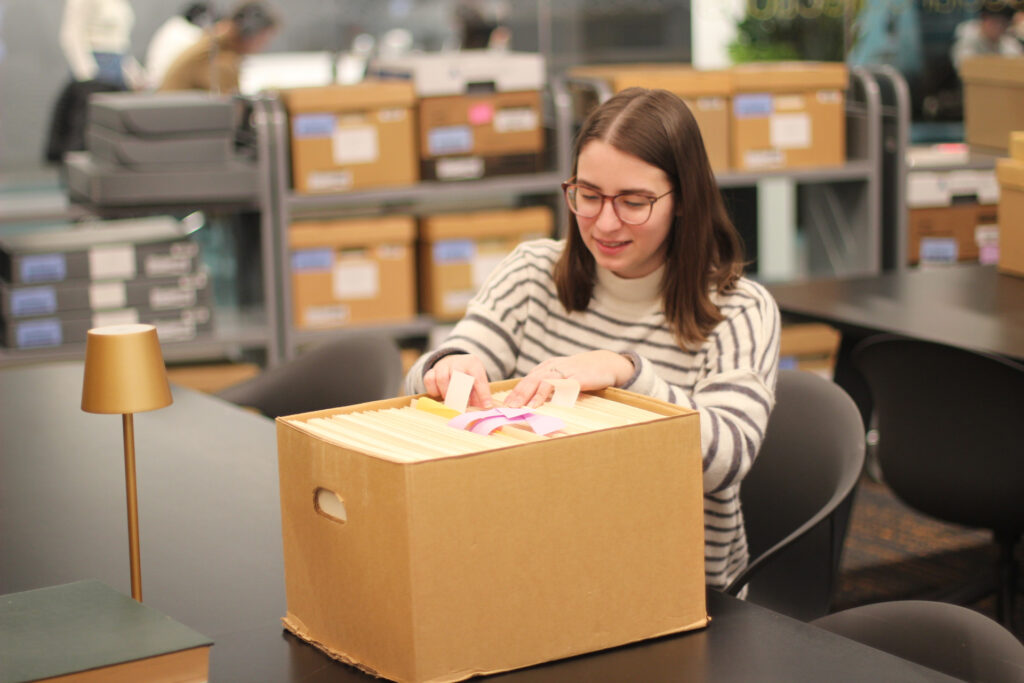2026 Reading Challenge: February Recap and March Preview
Happy March, and congratulations to everyone who’s participated in the 2026 Reading Challenge so far! Our February winner is Zoe Brazile, who wins a finals week study room stocked with snacks, treats, and swag. In February, we challenged you to read a book under or around 200 pages. Here are some of the short books you read this month. (Reader comments may be edited for length and clarity.)
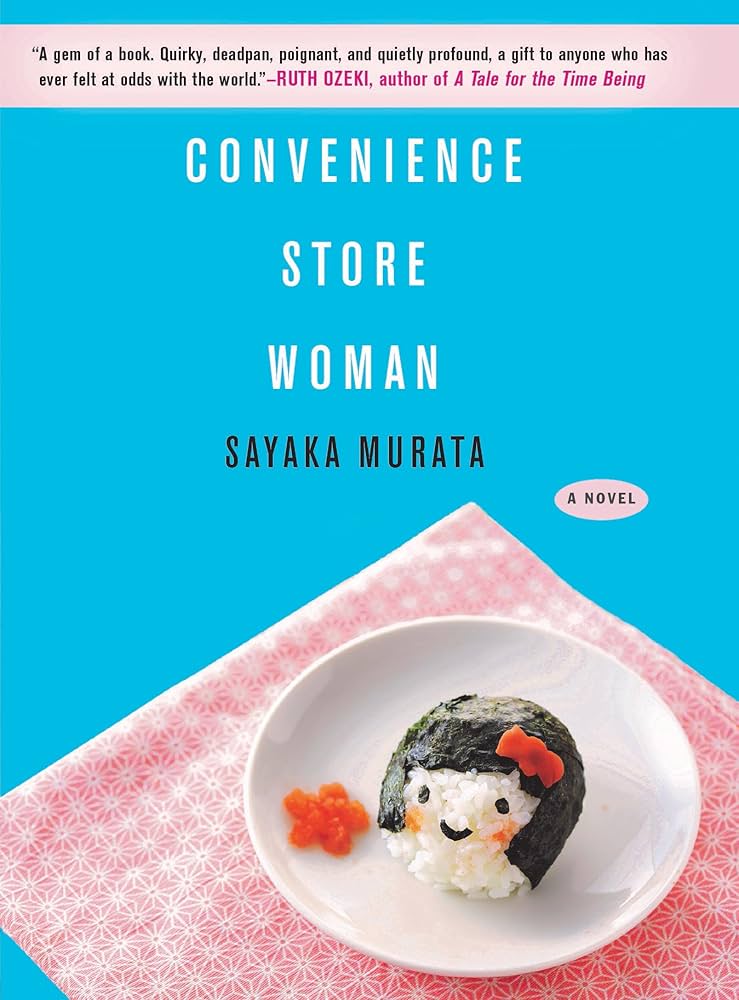 Convenience Store Woman: A Novel, Sayaka Murata
Convenience Store Woman: A Novel, Sayaka Murata
Find it at Snell Library | Find it at F.W. Olin Library
“An amazing portrayal of what it’s like to be neurodivergent. Despite the seemingly mundane life of the protagonist, I found the story to be captivating and never found myself bored.” — Brody
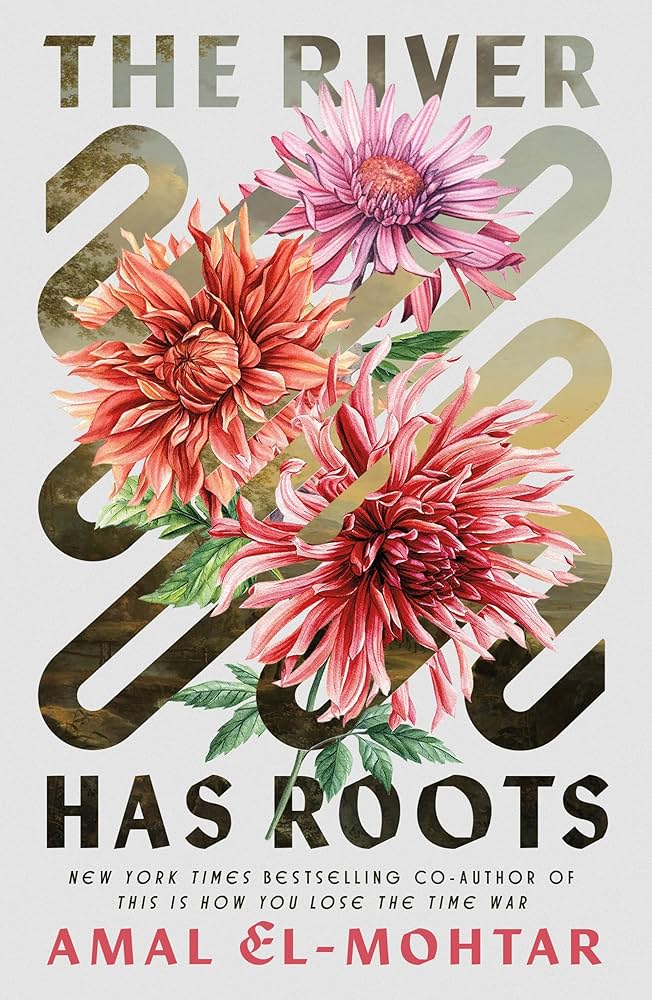 The River Has Roots, Amal El-Mohtar
The River Has Roots, Amal El-Mohtar
Find it at F.W. Olin Library | Listen to the audiobook
“Beautifully condensed piece of magical realism that packs an emotional punch. Perfect for fans of folk magic, fairy tales, and stories centered on the complexity of sisterly love.” — Sandy
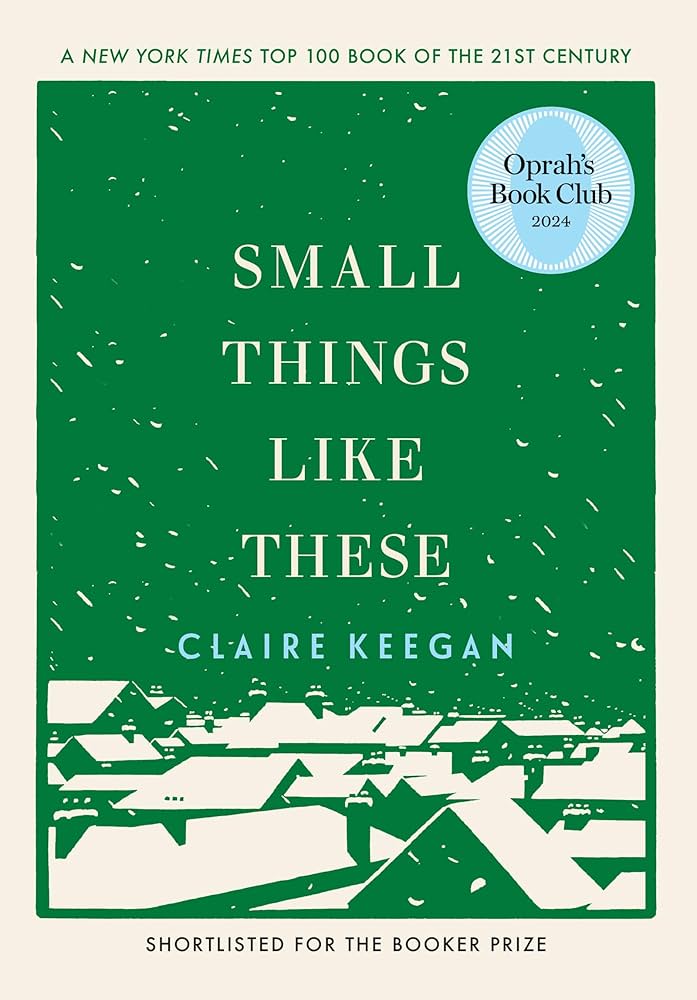 Small Things Like These, Claire Keegan
Small Things Like These, Claire Keegan
Read the e-book
“Claire Keegan’s is a story of hope and quiet strength against oppressive systems such as the church and religion. It’s inspiring, thought-provoking, and incredibly compassionate. The story is contained, which heightens the tender feelings of the story. It moves and loves similarly to its small-town Irish setting — unnoticed but profound.” — Alex
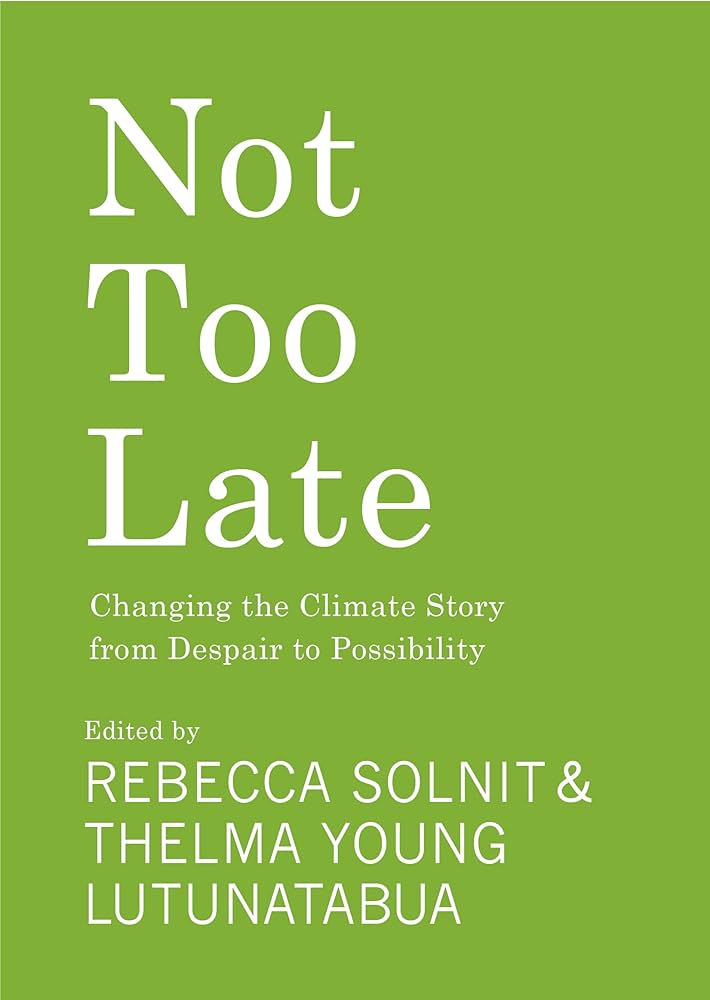 Not Too Late: Changing the Climate Story from Despair to Possibility, Rebecca Solnit and Thelma Young Lutunatabua, eds.
Not Too Late: Changing the Climate Story from Despair to Possibility, Rebecca Solnit and Thelma Young Lutunatabua, eds.
Find it at Snell Library | Read the e-book
“This book is a great antidote to climate despair! It was edited by two activists in the 2020s who coordinated big names working on climate action and policy from around the world. Not a long read, but a rich read.” — Alaina
 Strange Houses, Uketsu
Strange Houses, Uketsu
Read the e-book
“A super light and fun horror read! This was an interesting genre of Japanese horror.” — Chloe
What to Read in March
This month, we’re challenging you to read an epistolary novel: that is, a book written in letters or diary entries. (It doesn’t have to be a novel — it could also be a collection of letters or a published diary.) Need ideas? Check out the e-books and audiobooks recommended by your librarians. If you’re on the Boston campus, you can also stop by Snell Library on Wednesday, March 11, and Thursday, March 12, to browse books from our print collection and pick up Reading Challenge stickers and bookmarks.
Remember: whatever you read, make sure to tell us about it to enter the prize drawing!
 North Woods: A Novel, Daniel Mason
North Woods: A Novel, Daniel Mason
Find it at Snell Library | Read the e-book
When two young lovers abscond from a Puritan colony, little do they know that their humble cabin in the woods will become the home of an extraordinary succession of characters. An English soldier, destined for glory, devotes himself to growing apples. A pair of spinster twins navigate war and famine. A crime reporter unearths an ancient mass grave — only to discover that the earth refuses to give up its secrets. As the inhabitants confront the wonder and mystery around them, they begin to realize that the dark, raucous, beautiful past is very much alive.
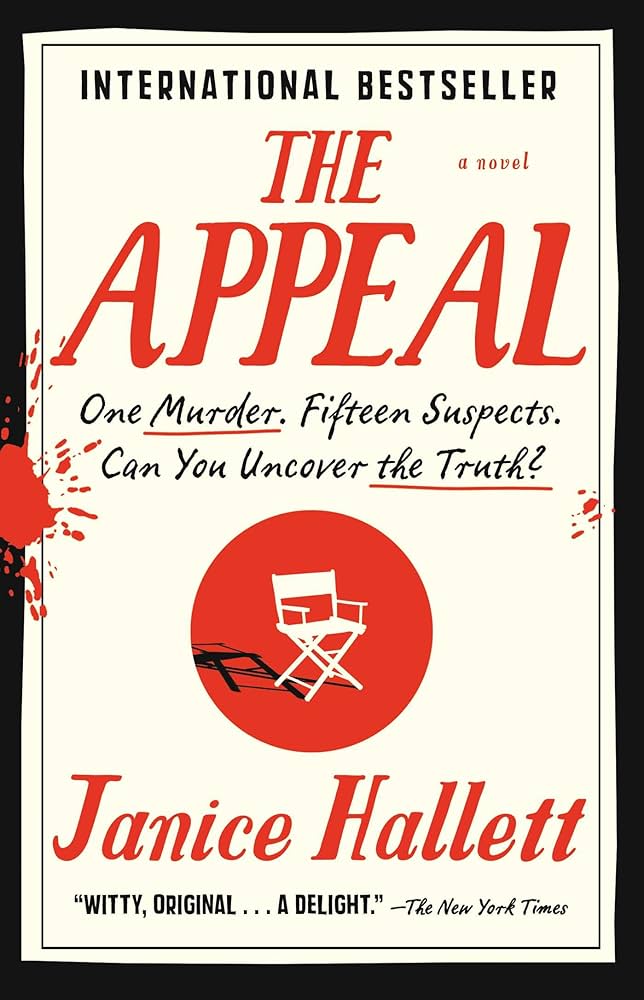 The Appeal: A Novel, Janice Hallett
The Appeal: A Novel, Janice Hallett
Read the e-book
The Fairway Players, a local theatre group, is in the midst of rehearsals when tragedy strikes the family of director Martin Hayward and his wife Helen, the play’s star. Their young granddaughter has been diagnosed with a rare form of cancer, and their castmates rally to raise the money for an expensive experimental treatment. But not everybody is convinced of the experimental treatment’s efficacy — nor of the good intentions of those involved. As tensions grow, a dead body is found, and soon, an arrest is made. In the run-up to the trial, two young lawyers sift through the material — emails, messages, letters — with a growing suspicion that the killer may be hiding in plain sight. The evidence is all there, between the lines, waiting to be uncovered.
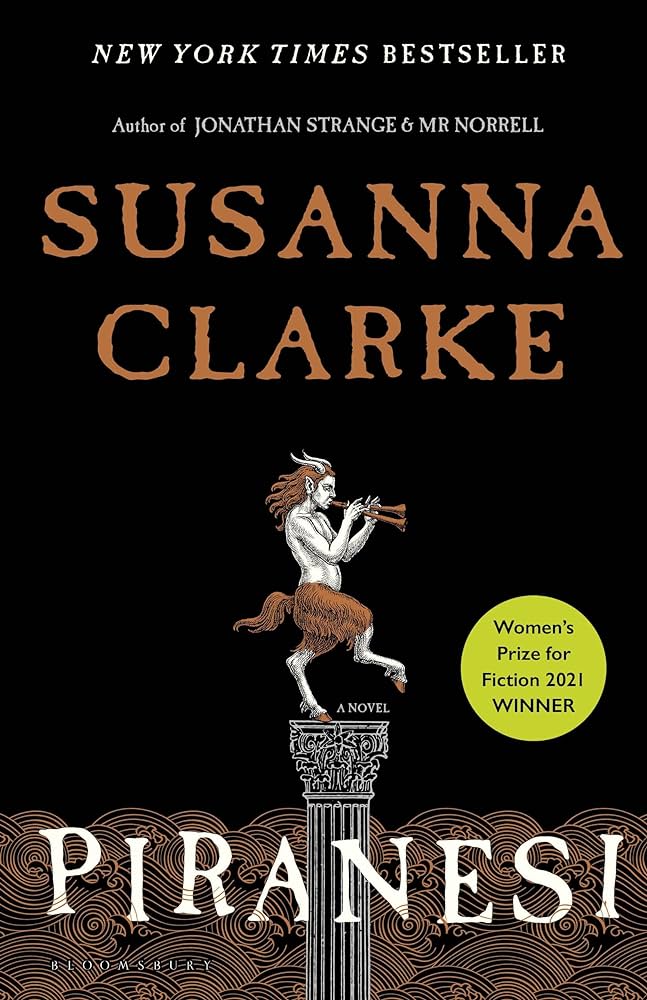 Piranesi, Susanna Clarke
Piranesi, Susanna Clarke
Find it at F.W. Olin Library | Read the e-book
Piranesi’s house is no ordinary building: its rooms are infinite, its corridors endless, its walls lined with thousands upon thousands of statues. Within the labyrinth of halls, an ocean is imprisoned; waves thunder up staircases, while rooms are flooded in an instant. But Piranesi is not afraid. He lives to explore the house. There is one other person in the house — a man called The Other, who visits Piranesi twice a week and asks for help with research into A Great and Secret Knowledge. But as Piranesi explores, evidence emerges of another person in the house, and a terrible truth begins to unravel, revealing the world beyond the one Piranesi has always known.
 Trust, Hernan Diaz
Trust, Hernan Diaz
Find it at F.W. Olin Library | Listen to the audiobook
Even through the roar and effervescence of the 1920s, everyone in New York has heard of Benjamin and Helen Rask. He is a legendary Wall Street tycoon; she is the daughter of eccentric aristocrats. Together, they have risen to the very top of the world of seemingly endless wealth — all as a decade of excess and speculation draws to an end. But at what cost have they acquired their immense fortune? This is the mystery at the center of Bonds, a successful 1937 novel that all of New York seems to have read. Yet there are other versions of this tale of privilege and deceit.
 Shattered: A Memoir, Hanif Kureishi
Shattered: A Memoir, Hanif Kureishi
Read the e-book
In late 2022, in Rome, Hanif Kureishi had a fall. When he came to, he realized he could no longer walk. So began a yearlong odyssey through the medical systems of Italy, with the hope of somehow being able to return home to his house in London. While confined to a series of hospital wards, Kureishi felt compelled to write, but being unable to type or hold a pen, he began to dictate to family members the words that formed in his head. The result was an extraordinary series of dispatches from his hospital bed: a diary of a life in pieces, recorded with rare honesty, humor, and verve. Shattered takes these dispatches and charts both a shattering and a reassembling: a new life born of pain and loss but also animated by new feelings of gratitude, humility, and love.
